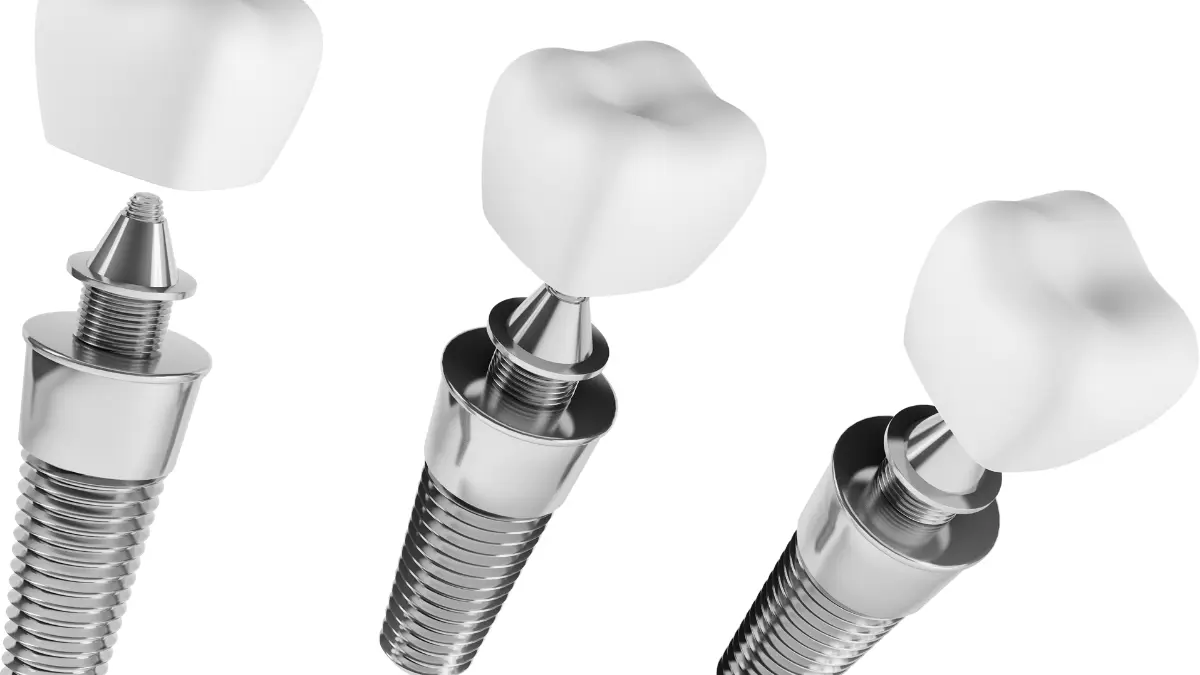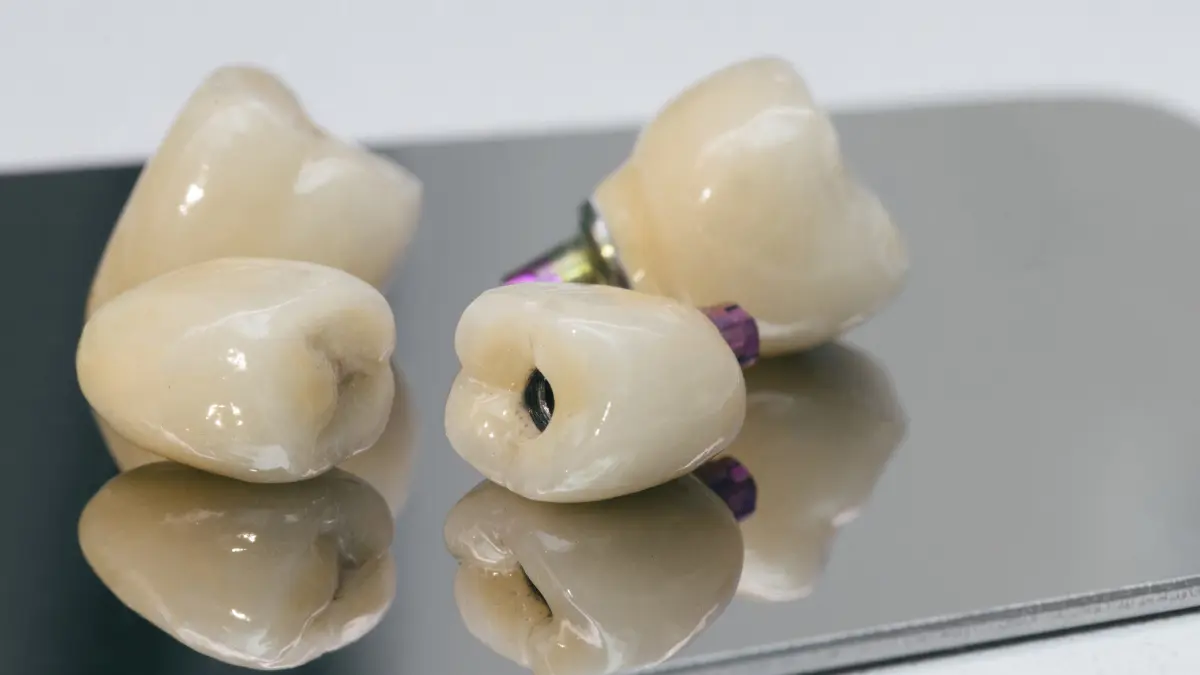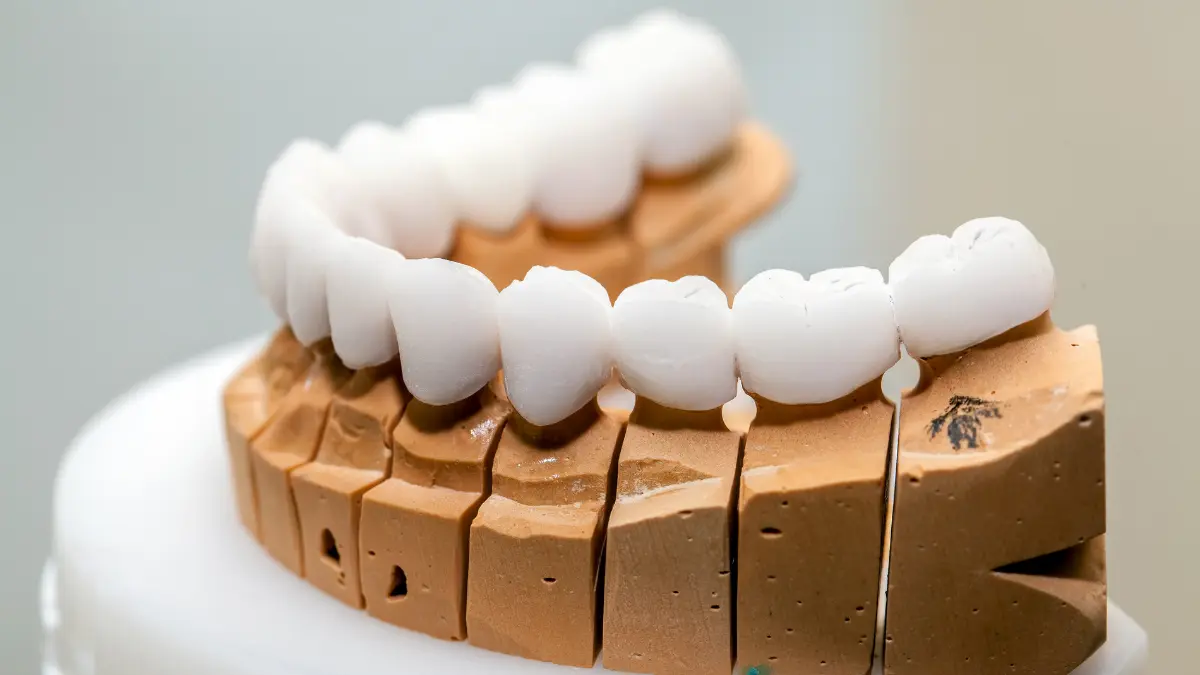Zirconium implants are a relatively new type of dental implant that is gaining popularity due to its numerous advantages. Zirconia is a white, ceramic-like material that is biocompatible and has been used in a variety of medical applications for many years. Zirconium implants are made of zirconia, a kind of metal-free implant that is corrosion resistant, lightweight and durable.
Zirconium implants have a very similar structure to traditional titanium implants, but they differ in the type of material used to create them. Zirconium implants are one-piece, meaning they do not need separate support and can be used for both single-tooth and full-arch restorations.
What Are Zirconium İmplants?
Dental implants are an excellent option to replace missing or damaged teeth. They are artificial tooth roots that are surgically placed in the jawbone and provide a strong and solid foundation for a replacement tooth or bridge. Titanium has been the material of choice for dental implants for years, but only recently zirconium has emerged as a viable alternative.
It is also known as zirconia implants, are made of a ceramic material called zirconia. Zirconia is an extremely strong and durable white, crystalline substance. It is used in a variety of medical applications, including hip replacement and joint replacements.
Advantages Of Zirconium İmplants

One of the most important advantages of zirconium implants is that they are biocompatible, that is, they do not cause any adverse reactions in the body. This is especially important for patients with metal allergies or sensitivities. Zirconium implants are also non-abrasive, which means they don’t degrade over time. This can extend the life of the implant and reduce the risk of implant failure.
Another advantage of it is that they are tooth-colored, which makes them more aesthetic than titanium implants. This is especially important for patients with missing anterior teeth, as the implant will blend seamlessly into the surrounding teeth. In addition, zirconium implants do not conduct heat or cold, which means they are more comfortable for patients with sensitive teeth.
Zirconium implants are also easy to clean and maintain. Because they do not rust or deteriorate over time, they can be cleaned using the same techniques as natural teeth. This can help reduce the risk of gum disease and other oral health problems.
Disadvantages Of Zirconium İmplants
Although zirconium implants have many advantages, there are also some potential disadvantages to consider. One of the biggest drawbacks is that they are more fragile than titanium implants. This means they may be more susceptible to cracking or breaking under pressure. Although zirconium is extremely strong, it is not as flexible as titanium, which can cause problems in some cases.
Another potential disadvantage of zirconium implants is that they do not work as well as titanium implants. Titanium has been used in dental implants for decades and has a proven track record of success, while zirconium implants are a newer technology. While initial results are promising, it will take more time and research to fully understand the long-term benefits and potential risks of zirconium implants.
Are Zirconium İmplants Better Than Titanium?

The question of whether zirconium implants are better than titanium implants is complex. Both materials have advantages and disadvantages, and the choice of implant material will depend on several factors, including the individual needs and preferences of the patient.
In general, it may be a better choice for patients with metal sensitivities or allergies, as they are biocompatible and non-corrosive. They may also be a better choice for patients with missing anterior teeth, as they blend seamlessly with the surrounding teeth.
Titanium implants, on the other hand, may be a better choice for patients with a history of bone loss or gum disease, as they are more flexible and can better accommodate changes in the jawbone. They may also be a better choice for patients with a history of bruxism or teeth grinding, as they are more durable and less prone to cracking or breaking under pressure.
As a result, the choice of implant material will depend on several factors, including the individual needs and preferences of the patient and the advice of the dentist or oral surgeon.
What İs The Success Rate Of Zirconium İmplants?
The success rate of zirconium implants is still under investigation, but early research suggests they may have a similar success rate to titanium implants. In a study published in the Journal of Clinical and Experimental Dentistry, researchers found that the success rate of zirconium implants was 95.8%, comparable to the success rate of titanium implants.
It is important to note that the success of a dental implant depends on several factors, including oral health, proper oral hygiene, the patient’s dental or oral surgeon skill, and commitment to patient care.
In general, patients who receive dental implants can expect a success rate of around 95% to 98%. This means that the vast majority of patients who receive dental implants will have a successful outcome and enjoy the benefits of a strong and stable replacement tooth.
